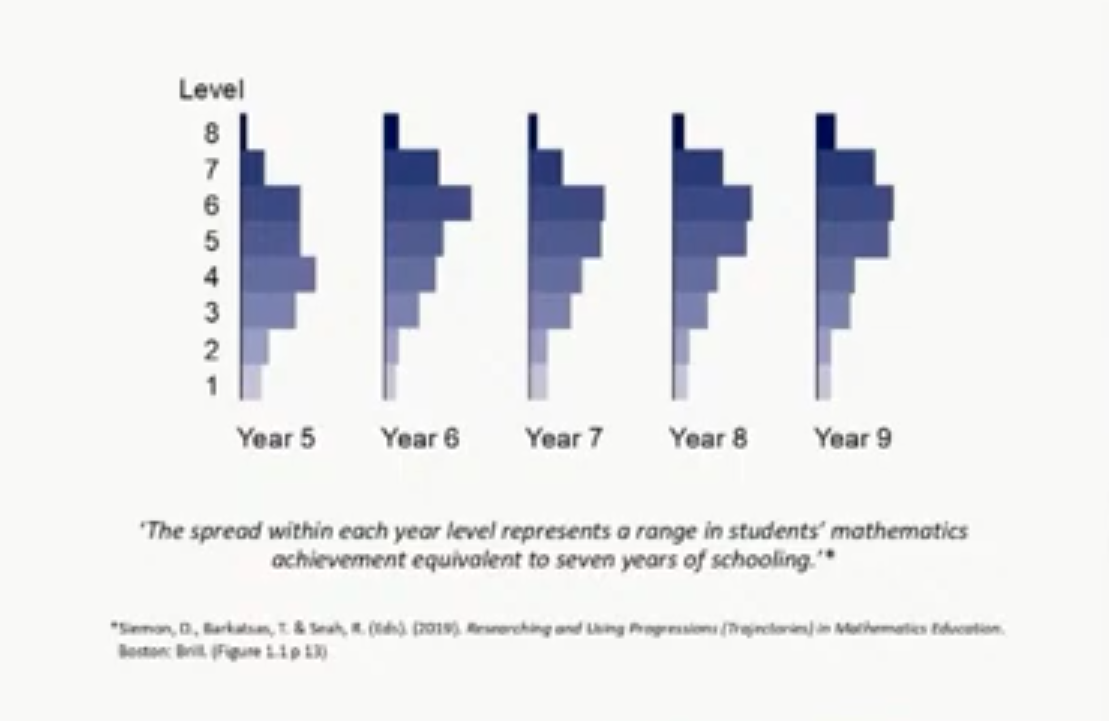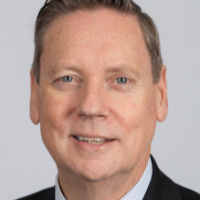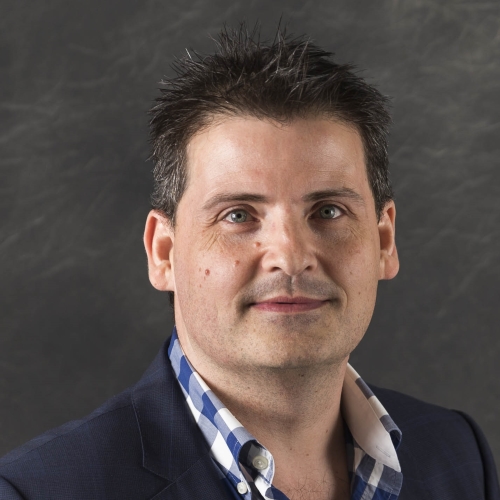This session took place on the K-12 day at the Melbourne EdTech Summit 2021. Geoff Masters, CEO of the Australian Council for Educational Research, discussed the possibilities for student assessment with EduGrowth Managing Director David Linke.
What if the primary outcome of assessment was not a grade, but an estimate of the point an individual has reached in their learning? Assessment is a diagnostic tool, but too often it is treated as the end-point.
Geoff Masters, CEO of the Australian Council for Educational Research, spoke about the future of student assessment in this conversation with David Linke, Managing Director of EduGrowth. They discussed how we can rethink and redesign assessment to measure progression and inform teaching.
The session’s highlights were:
The Eight-Level Framework
Student Progress
Student Cohorts
Standardised Testing
Student Data

The Eight-Level Framework
The eight-level framework (refer to video), a result of research within a mathematics classroom, is a helpful tool to understanding where students are at and how they should be assessed. At each year level in the graph, there are students that sit at different levels of achievement in mathematics, level 1 being the lowest and level 8 being the highest. This shows that there is huge variability in students’ abilities for different subjects.
Not all students in the same age level are at the same level of their learning journey — but the traditional school structure treats learners as if they are. The consequences of this are predictable, in that the students in the back of the pack are more likely to receive lower grades.
We need to provide students with stretch challenges and opportunities to learn within their individual education level, rather than year level.
The eight-level framework addresses this education problem, to stop students from falling behind.
The fundamental purpose is not to judge, but to understand.
Geoff Masters, CEO of ACER
Student Progress
While there is the sentiment that there are many different purposes for assessment, Geoff Masters disagrees. He says there is one purpose: to establish and understand the points the students have reached in their learning. What have they learned? To what extent can they apply that knowledge?
One of the roles technology can play is assisting the teacher in knowing where students are at in their learning journey. Technology introduces the possibility of students progressing at different rates. The feedback component is significant, too, in allowing the teacher to adjust their curriculums accordingly.
Student Cohorts
None of this is to suggest we need to change the way we structure schools, Geoff Masters explained. It is re-evaluating how we structure learning and the curriculum. We tend to structure the curriculum the way we structure schools — by year group. The eight-level framework changes the way we think about this.
There are good social reasons to keep those in the same age group together, but there are alternative ways to think about learning and teaching. These aren’t challenges that should just be pushed back on to the teachers. They should be tackled by governments and administrators, and in turn provide support for teachers who may already be dealing with crowded curriculums.
In any area of education in which we have an intention to develop students, a starting question is: what do we mean by that and what does it look like?
Geoff Masters, CEO of ACER
Standardised Testing
What about the large international programs for assessment? Geoff Masters says that the big international programs of student assessment have been helpful for governments in particular to inform new programs and policies that could make a difference.
Assessments really are all designed to provide feedback and inform decision making at some level.
Student Data
Data is an important part of the theme of student assessment. We are overwhelmed with data, but are often unsure on what to do with it.
The most important data, Geoff Masters says, is the one that identifies where the learner is at in their learning journey. And the data then needs to be provided in a form to teachers and schools that helps them decide what to do next. From there, the information and subsequent support or changes for a student needs to be relayed to the learner and their parents in a way that is easy to understand.
Simply collecting more data is not the answer, unless we know how to use it to inform decision making.
Geoff Masters, CEO of ACER
Speakers

Geoff Masters
Geoff Masters is one of Australia’s preeminent education thinkers. As CEO of the Australian Council of Education Research, Geoff leads the ACER’s work here and around the world.
As a leading voice globally, Geoff’s work has truly framed modern thinking about educational measurement, assessment and school improvement. For many decades, Geoff has published extensively in education and led significant programs of school improvement for governments around the globe.
His list of qualifications, publications and consulting assignments is extensive and testament to his standing within the education sector.

David Linke
David leads EduGrowth, Australia’s education technology and innovation industry hub. Through connection and collaboration EduGrowth is accelerating Australia’s EdTech ecosystem globally.
David has decades of experience across the education sector having led Asia Pacific operations of global listed EdTech companies and, founding and exiting EdTech businesses. Today, he is a strategic advocate, supporter and champion of the Australian EdTech sector at home and abroad.

